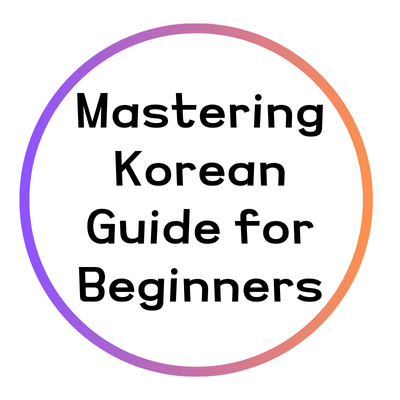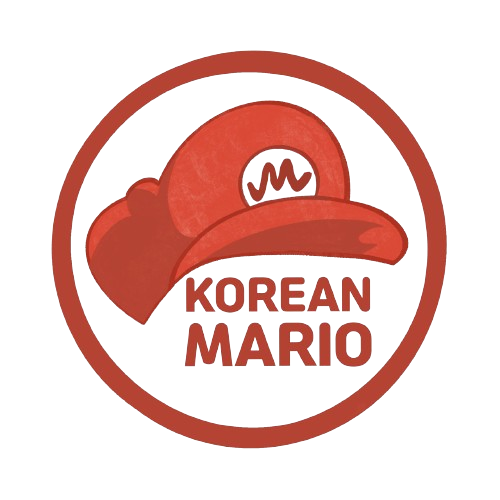Learning Korean can be an exciting and rewarding journey. Whether you’re interested in K-pop, planning to travel to South Korea, or aiming to connect with Korean culture, this guide will provide you with effective strategies and resources to help you learn Korean from scratch.

1. Understanding the Korean Language
Korean, known as 한국어 (Hangugeo), is the official language of South Korea and North Korea. It’s spoken by over 75 million people worldwide. The language has a unique writing system called Hangul, which was created in the 15th century by King Sejong the Great. Hangul is known for its scientific design and simplicity, making it one of the most accessible writing systems to learn.
2. Learning Hangul: The Korean Alphabet
Before diving into vocabulary and grammar, it’s essential to learn Hangul. Hangul consists of 14 basic consonants and 10 basic vowels. The characters are combined into syllable blocks to form words.
Tips to Learn Hangul:
- Use Visual Aids: Flashcards and charts can help memorize the characters.
- Practice Writing: Writing each character repeatedly aids retention.
- Online Resources: Websites like How to Study Korean offer comprehensive lessons on Hangul.
3. Building Vocabulary
Expanding your vocabulary is crucial for language proficiency. Start with common words and phrases used in daily conversations.
Strategies:
- Thematic Learning: Focus on specific themes like food, travel, or greetings.
- Flashcards: Tools like Memrise and Anki use spaced repetition to enhance memorization.
- Labeling: Place labels on household items with their Korean names to reinforce learning.
4. Understanding Korean Grammar
Korean grammar differs significantly from English. The typical sentence structure is Subject-Object-Verb (SOV). Understanding particles, verb conjugations, and honorifics is essential.
Key Points:
- Particles: Words like 이/가, 을/를, and 은/는 indicate the grammatical function of words.
- Verb Conjugation: Verbs change form based on tense, mood, and politeness level.
- Honorifics: Korean uses different speech levels depending on the social hierarchy and context.
Resources like Talk To Me In Korean provide structured lessons on grammar.
5. Practicing Listening and Speaking
Improving listening and speaking skills is vital for effective communication.
Methods:
- Language Exchange: Engage with native speakers through platforms like HelloTalk or Tandem.
- Media Consumption: Watch Korean dramas, movies, and listen to K-pop to familiarize yourself with pronunciation and intonation.
- Shadowing Technique: Repeat after native speakers to improve pronunciation and rhythm.
6. Reading and Writing Practice
Enhancing reading and writing skills solidifies language comprehension.
Activities:
- Reading Materials: Start with children’s books or webtoons to build confidence.
- Writing Exercises: Keep a journal in Korean to practice sentence construction.
- Online Communities: Participate in forums like a Korean to engage with other learners.
7. Utilizing Language Learning Apps
Several apps can supplement your learning journey:
- Duolingo: Offers gamified lessons for beginners.
- Rosetta Stone: Provides immersive learning experiences.
- Busuu: Features interactive dialogues and feedback from native speakers.
8. Enrolling in Formal Courses
Structured courses can provide comprehensive learning
- 90 Day Korean: Offers a step-by-step curriculum with personalized coaching.
- Yonsei University Korean Language Institute: Provides intensive programs for various proficiency levels.
9. Immersing Yourself in Korean Culture
Understanding cultural nuances enhances language learning
- Cultural Events: Attend Korean festivals or cultural events in your area.
- Cooking: Try making Korean dishes to learn related vocabulary.
- Travel: Visiting South Korea offers real-life language practice opportunities.
10. Staying Motivated and Consistent
Consistency is key in language learning.
Tips:
- Set Goals: Define clear, achievable objectives.
- Track Progress: Use journals or apps to monitor your improvement.
- Reward Yourself: Celebrate milestones to maintain motivation.
Conclusion
Learning Korean is a fulfilling endeavor that opens doors to a rich culture and new experiences. By following this comprehensive guide and utilizing the recommended resources, you’ll be well on your way to mastering the Korean language. Remember, persistence and practice are your best allies on this journey.
Table of Contents

